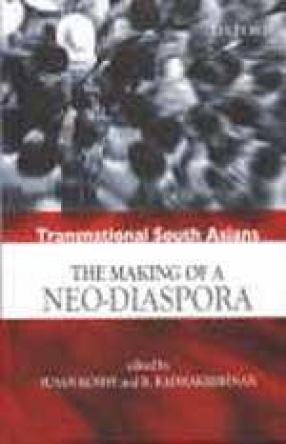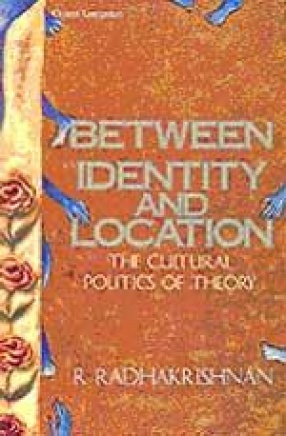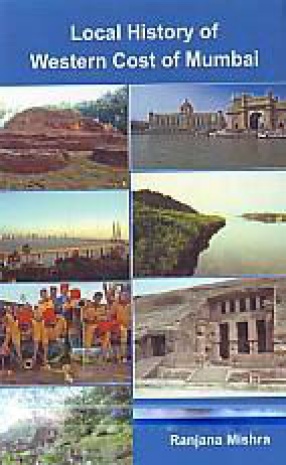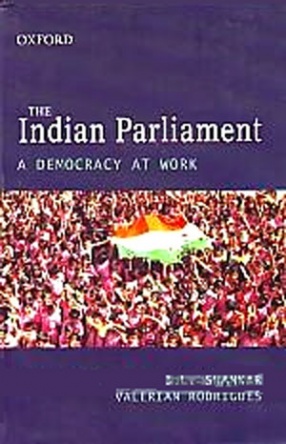Traditional approaches to national security have privileged State security without according equal importance to human security or the security of the individual, its ultimate beneficiary. Neither are non-military threats like economic instability, ethnic, caste and communal tensions, demographic movements, environmental degradation, apart from the continuing menace of terrorism, provided salience, although the focus of national security has decisively shifted from inter-state to intra-state conflicts within regional security complexes in the international system. The Indian State is not unaware of these looming, non-traditional and emerging dangers, but the enfeeblement of its political and administrative institutions has adversely affected its capacity to meet these threats while the expectations of the people have risen and are growing in an exponential manner. This book is the end product of a three-year project to examine these non-military sources of insecurity in India. It gathers together separate monographs by three young scholars. Each of these studies is grounded in an historical analysis taking note of the existing literature, while seeking to derive practical recommendations with policy relevance. A conscious effort has proceeded to link these several issues to security and highlight that the key to meeting these non-military threats to national security, is not by graduating the use of force, but by providing basic good governance. These studies are being published in the hope of stirring interest in an area of current neglect by the academic and policy communities. The Institute of Peace and Conflict Studies (IPCS) was established in August 1996 as an independent think tank devoted to studying security issues relating to South Asia. Over the years leading strategic thinkers, academicians, policy makers and media persons have been associated with the Institute in its endeavour to draw up a comprehensive framework for security studies – one which can cater to the changing demands of national, regional and global security. The Institute has steadily enlarged its range of activities since inception. Apart from analyzing the existing approaches to security, the Institute has made a foray into evolving alternate approaches to security relevant to India and the world, to promote a harmonious and secure regional and global order.

Alternative Approaches to Security
$39.60
$44.00
In stock
Free & Quick Delivery Worldwide
All orders amounting to US$ 50 or more qualify for Free Delivery Worldwide. For orders less than US$ 50, we offer Standard Delivery at $14 per book.
ABOUT THE AUTHOR R. Radhakrishnan
R. Radhakrishna is Director, Indira Gandhi Institute of Development Research (IGIDR) in Mumbai since March 2001. From April 1998 to March 2001, he was the Vice-Chancellor of Andhra University. After his doctorate from Gokhale Institute of Economics and Politics, Pune, Prof. Radhakrishna had about three decades of career in research, teaching and administration of academic institutions. He was the Member Secretary, ICSSR and was the Director, Centre for Economic and Social Studies, Hyderabad. He was the recipient of VKRV Rao Price in social Science Research for his significant contribution in the field of Economics. He was President of the Agricultural Marketing Society and of the Indian society of Labour Economics for the Year 2001. He was a consultant to international organisations like ABD, FAO, The world Bank and UNDP and UNESCO. He was a member of several Government Committees including the Expert Group on Estimation of Proportion and Number of Poor (Lakdawala Committee), Planning Commission, Government of India (1989-93) and High Power Committee for Long term Grain Policy (Abhijit Sen Committee), Government of India, 2000-02.
reviews
0 in total
Review by Anonymous
Be the first to review “Alternative Approaches to Security” Cancel reply
You must be logged in to post a review.
Bibliographic information
Title
Alternative Approaches to Security
Author
Edition
1st ed.
Publisher
ISBN
818737439X
Length
xii+446p., Tables; Figures; Appendices; Index; 23cm.
Subjects
more by R. Radhakrishnan see more
Between Identity and Location: The Cultural Politics of Theory
What is thinking and what is ...
$31.50
$35.00
similar bookssee more
Prophets of Education: A Continuing Series (Volume 1 to 5)
Vol. 1: Hall was the First ...
$107.10
$119.00






There are no reviews yet.